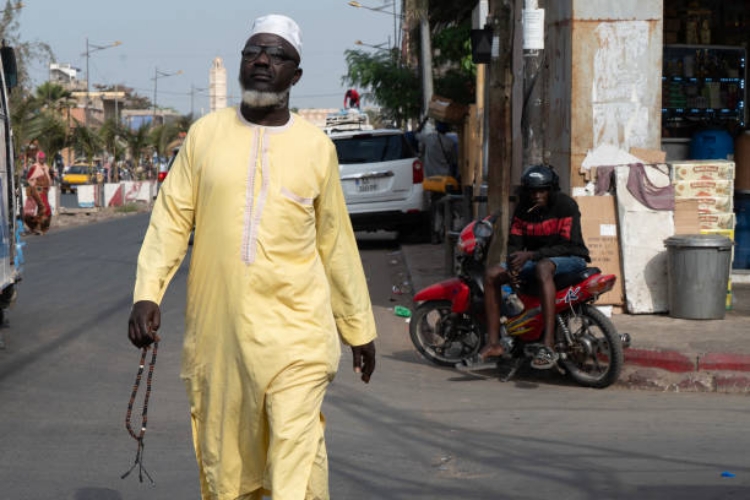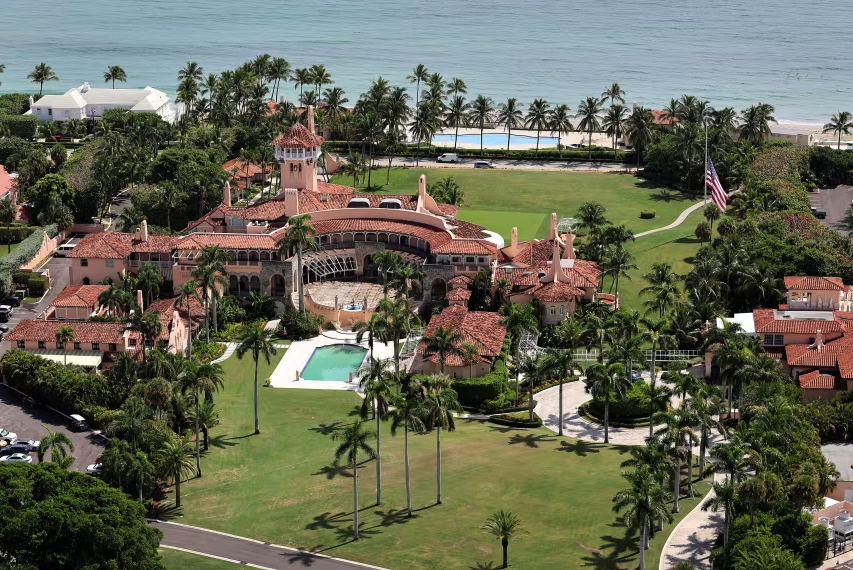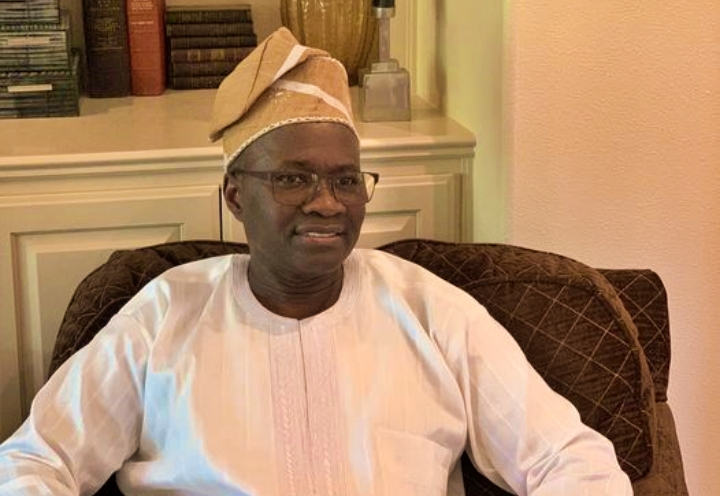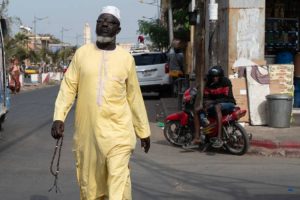Gambiaj.com – (BANJUL, The Gambia) – In an interview on West Coast Radio’s Coffee Time with Peter Gomez, Cherno Njie, a prominent Gambian diaspora figure, voiced his concerns over the ongoing debate surrounding Gambia’s draft constitution, emphasizing the need for key provisions to be maintained. Njie, who has been a vocal advocate for political reform in The Gambia, highlighted the importance of a two-term presidential limit and the necessity of a 50 plus one electoral system.
The Failed 2014 Coup Attempt
The conversation took a serious turn when Gomez asked Njie about his involvement in the 2014 coup attempt to depose Yahya Jammeh. Njie explained that his motivation stemmed from a desire to bring about change in The Gambia. “The antics of the government were something you occasionally encountered and just shook your head at,” he admitted. However, after a visit to The Gambia, he realized the depth of fear that permeated the country under Jammeh’s rule, prompting him to take drastic action.
Njie defended his involvement in the coup, arguing that force was the only way to remove Jammeh from power. “With the benefit of hindsight, it becomes abundantly clear that only force could have removed Yahya Jammeh from power,” he asserted, referencing the eventual intervention by ECOWAS forces that led to Jammeh’s exile.
Gomez also discussed The Gambia’s current state with Njie, who expressed disappointment with the Barrow administration’s failure to implement structural reforms and criticized the 2024 constitution’s concentration of power. He emphasized the need for term limits and a 50 plus 1 rule for a more democratic governance structure. Njie remained committed to contributing to The Gambia’s development and advocating for political reform, urging meaningful debates about the country’s future.
Constitutional Reform: Red Lines
While some suggest that the draft constitution should be passed as it stands to usher in a third republic, Njie insisted that certain elements are non-negotiable. “We need to clarify this two-term limit,” Njie stated, underscoring the importance of ensuring that this provision is ironclad. He also expressed his opposition to the existence of nominated members of parliament, arguing that all parliamentarians should be elected by the people rather than appointed by the president.
Njie further advocated for presidential appointments to be subject to review by the National Assembly, stating that such oversight is a minimum requirement for any new constitution. He stressed that President Adama Barrow’s term should be his last, describing the past decade under Barrow’s leadership as disastrous for the country.
Corruption: A Deep-Seated Problem
Turning his attention to the issue of corruption, Njie delivered a scathing critique of the Barrow administration, accusing it of perpetuating a system that benefits the elite at the expense of ordinary Gambians. “You cannot solve corruption without really taking a hard look at the nature of the Gambian state,” Njie asserted. He argued that the state’s primary function should be to provide essential services like clean water, electricity, and quality education, rather than enriching government officials.
Njie criticized the government for failing to provide these basics while using citizens as a resource to secure loans and aid that do not benefit the public. He called for a fundamental reevaluation of the role of the state and the design of its institutions to enhance transparency and accountability. “Corruption is a cancer that you cannot solve without going back to basics,” he warned, emphasizing the need for stringent penalties for corrupt practices.
Diaspora Relations: A Missed Opportunity
Njie also touched on the strained relationship between the Gambian government and its diaspora. He accused the Barrow administration of continuing former President Yahya Jammeh’s policy of marginalizing the diaspora due to fear of opposition. Despite the Supreme Court’s ruling affirming the diaspora’s right to vote, Njie lamented the lack of tangible efforts to enfranchise Gambians abroad.
He argued that the diaspora’s potential contribution to nation-building goes beyond remittances, emphasizing the importance of their skills, knowledge, and contacts. Njie criticized the government’s failure to meaningfully engage the diaspora, noting that other countries like China, India, and Senegal have benefited immensely from their diaspora communities.
A Call for Political Renewal
Reflecting on the state of Gambian politics, Njie expressed a desire for new voices and ideas to emerge ahead of the 2026 elections. He lamented the lack of innovation among the current political parties, which he believes are unlikely to bring about the necessary changes. Njie hinted at his intention to actively participate in creating conditions for new leadership to emerge, though he acknowledged that much will depend on the outcome of the ongoing constitutional reform process.
In closing, Njie called on Gambians to remain vigilant, fight for their rights, and work towards a future where leadership is based on service rather than patronage. “We have a country that has tremendous resources and human capital. We need to utilize that in the best way we can,” he concluded.










